Further improving the business environment is high on Shanghai's agenda, as it helps the city better achieve its high-quality economic growth target, officials and industry experts said.
All the 150 reform measures included in the business environment improvement action plan 7.0, which was released in February 2024, were completed by the end of last year, while the overall satisfaction of market entities about the action plan's implementation reached 96 percent, said Lu Aiguo, head of the business environment construction department at the Shanghai Municipal Development and Reform Commission.
In the process of implementing the reform measures, Shanghai has made major achievements in four aspects, Lu said at a news briefing.
These include introducing a number of first pilot programs by aligning with World Bank standards, improving and optimizing services as well as supervision of companies, differentiating the development focuses among districts and soliciting joint efforts from society to further improve the business environment, he added.
The many first attempts made over the past year comprised a major highlight.
Starting from July 1, changes to company information can be shared among various government departments. The country's first data product registration pledge financing, valued at 100 million yuan ($13.7 million), was provided in Shanghai in December. The country's first digital port visa was issued at the Lin-gang Special Area of the China (Shanghai) Pilot Free Trade Zone in July.
A new 8.0 edition made up of 58 measures will be released after the Spring Festival holiday, according to Lu.
While the new edition is in the pipeline, efforts to better the city's business environment have continued as the new year unfolded.
On Jan 16, the municipal government of Shanghai released an action plan to promote the high-quality development of digital trade, and trade in services.
Projected to further facilitate safe and efficient cross-border flow of talent, capital, technologies and data, the action plan is part of the city's efforts to improve its business ecosystem, according to the government document.
A symposium was held by the Shanghai Intellectual Property Administration on Monday to provide interpretations on IP transfer and applications as well as the city's policies for improving the business environment. More than 200 high-tech companies and IP service providers attended the symposium.
Business environment was one of the hot topics during Shanghai's two sessions held from Jan 14 to 18.
Li Ling, a member of the Shanghai Municipal Committee of the Chinese People's Political Consultative Conference, or CPPCC, the political advisory body, said that talent, industrial ecosystem and the overall business environment are of much importance in attracting high-tech manufacturing projects.
He suggested more favorable healthcare and schooling policies for talent in key industries.
For major high-quality projects, special subsidies for equipment, rent subsidies, and talent should be provided. Policies on the use of industrial land should be more flexible. There should also be greater investment incentives for high-quality foreign-invested projects, he said.
Zhang Runbin, a member of the Shanghai Municipal Committee of the CPPCC, said that the rule of law will lead to the best business environment. It is thus necessary to further strengthen the protection of the property rights of private enterprises and entrepreneurs' legitimate rights and interests.
For strategic emerging industries, more precise policy support should be provided to address their rapid development pace and the largely differentiated demand of small and medium-sized enterprises along the industrial chain.
Advanced technologies such as big data analysis and artificial intelligence should be better used so that government policies can be promoted to different platforms and companies more precisely, he said.








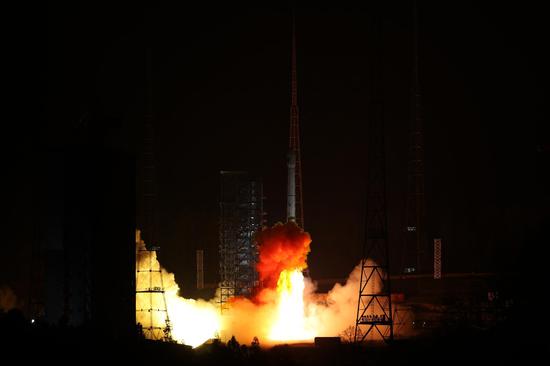
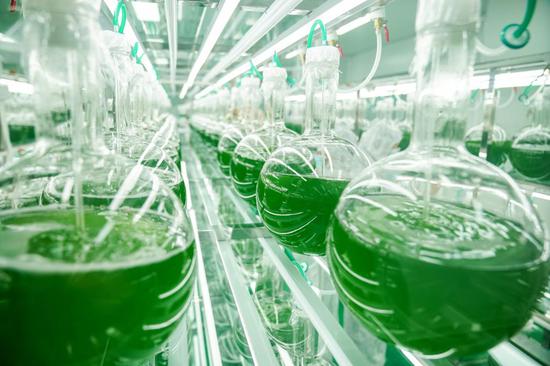

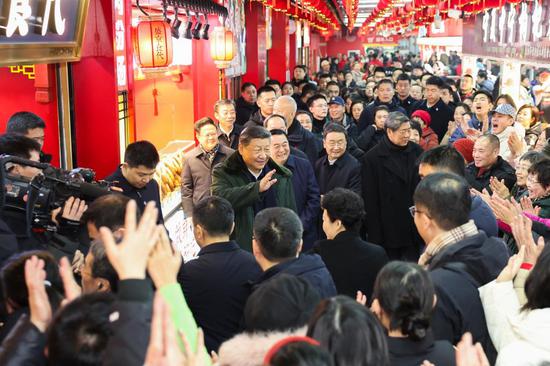
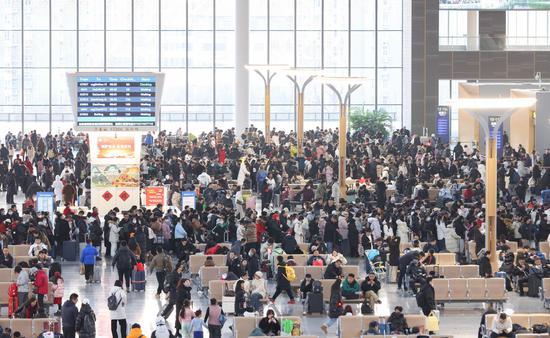




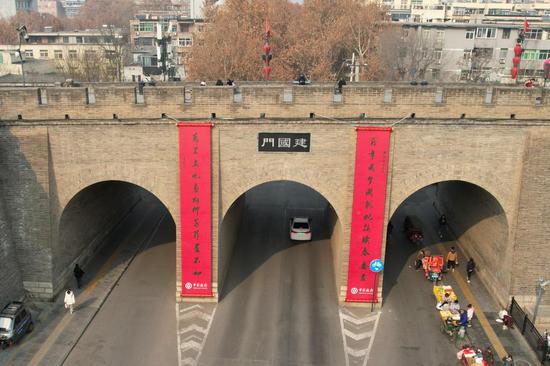

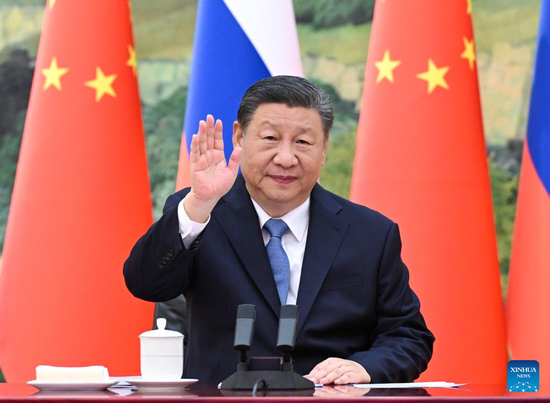

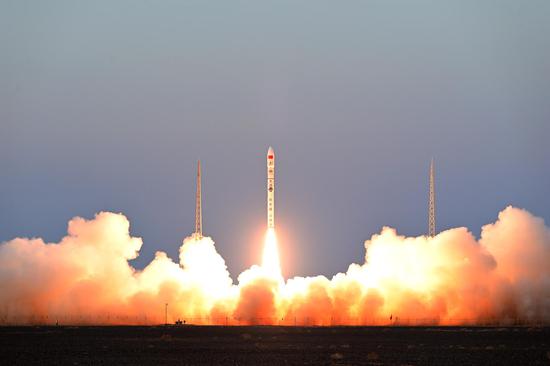


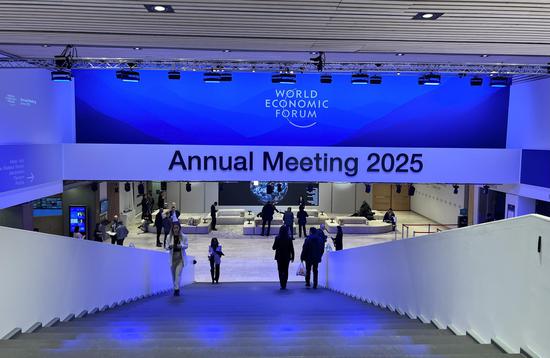
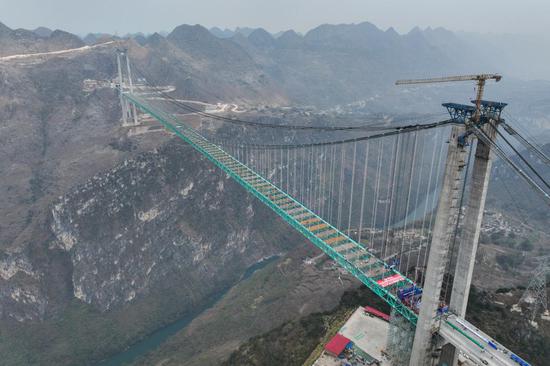




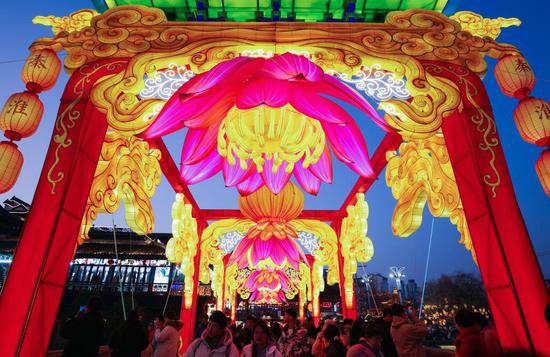

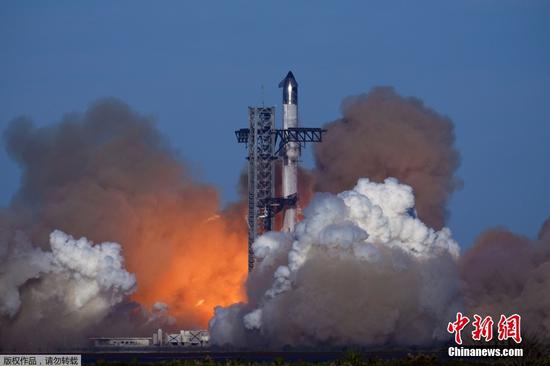
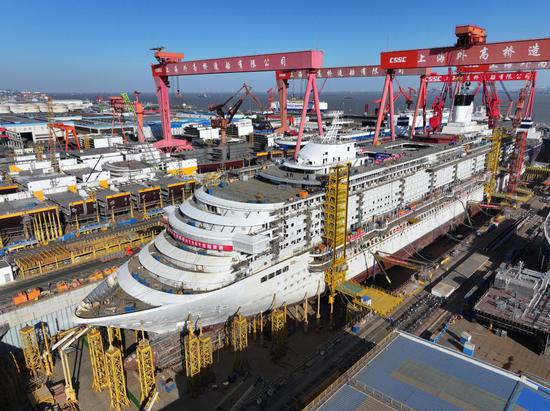
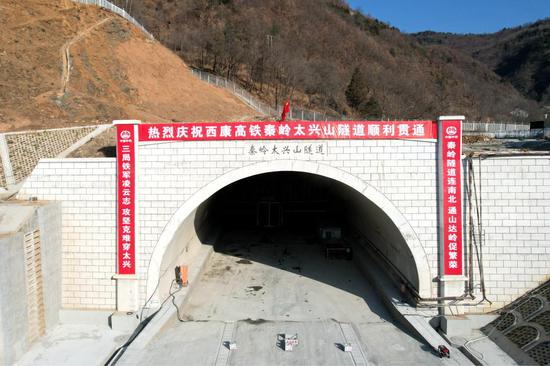
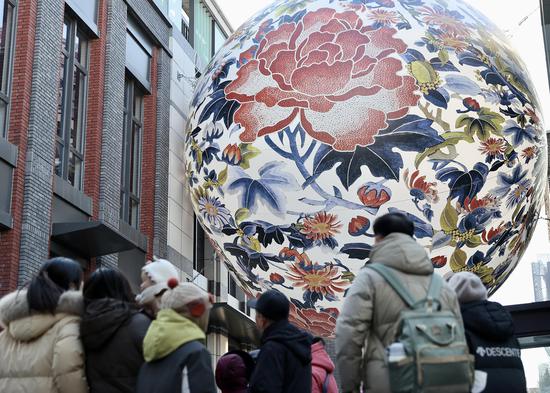

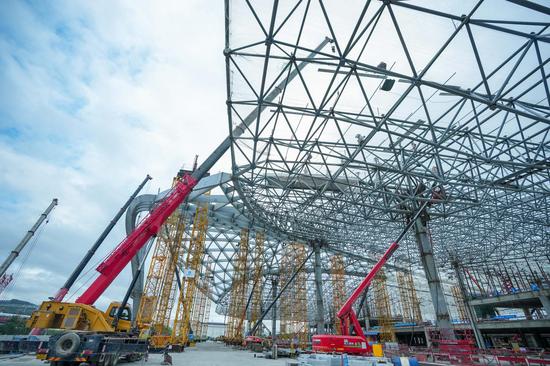


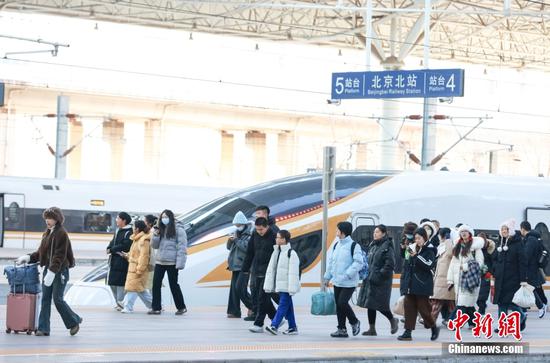


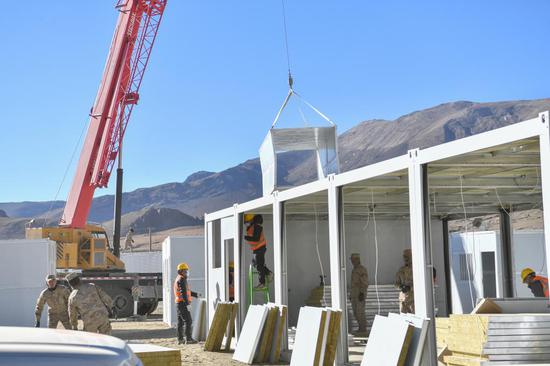






 京公网安备 11010202009201号
京公网安备 11010202009201号